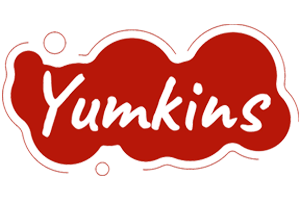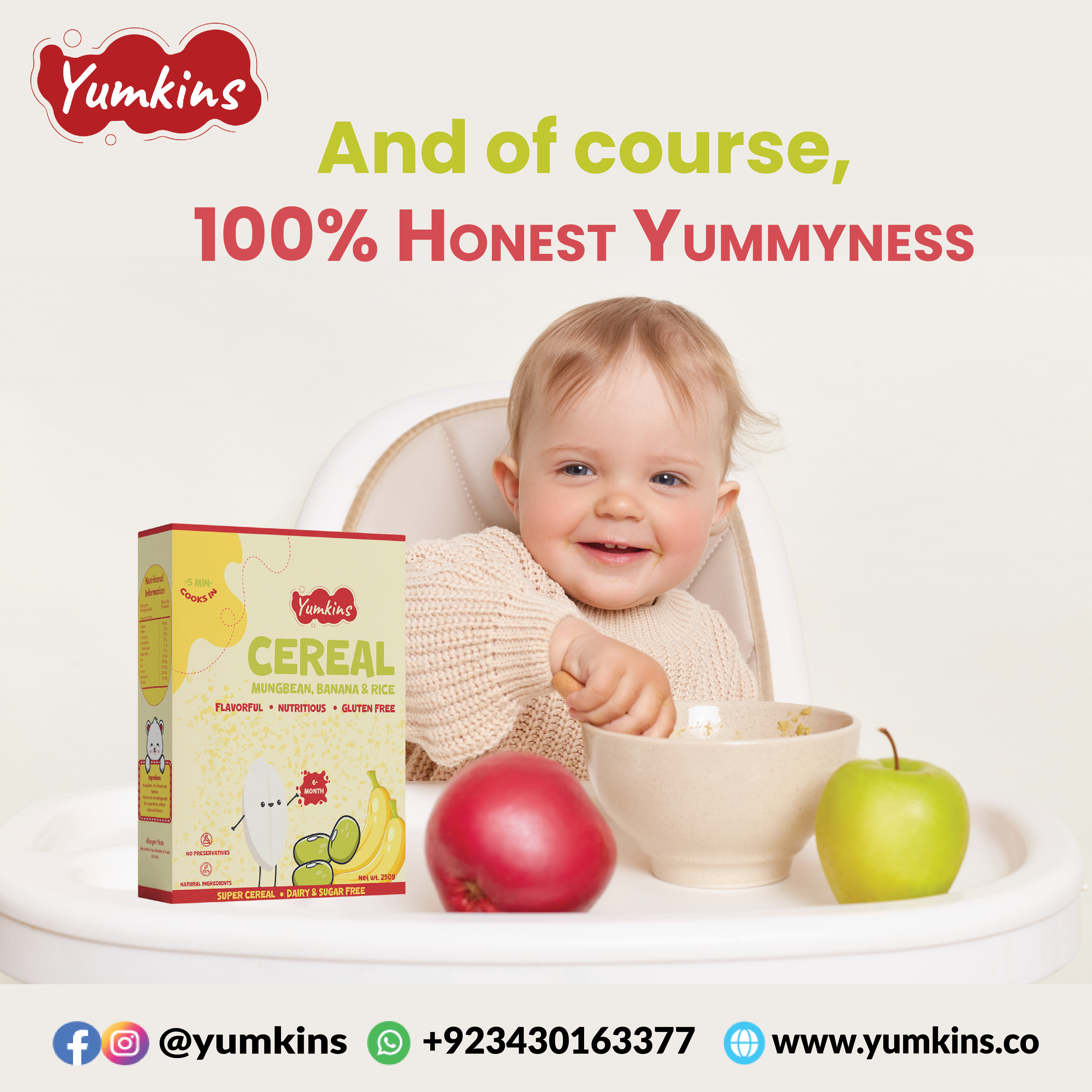As parents, ensuring the well-being of our little ones is a top priority. One area that requires careful attention is allergies and dietary restrictions, which can pose challenges in providing safe and nutritious meals for infants and young children. In this blog, we’ll delve into the world of allergies, sensitivities, and dietary restrictions, offering insights and guidance to help parents navigate this complex terrain.
Understanding Allergies and Sensitivities:
Allergies occur when the immune system reacts strongly to a specific substance, such as certain foods. Common allergens include milk, eggs, peanuts, tree nuts, soy, wheat, and fish. Sensitivities, on the other hand, may not trigger an immune response but can cause discomfort or adverse reactions. Both require careful management to ensure the child’s health and well-being.
Introducing Solid Foods:
When introducing solid foods to infants, it’s important to start with single-ingredient, non-allergenic foods one at a time. This helps identify any potential allergies or sensitivities. Gradually introduce new foods, observing any reactions closely. Consult your pediatrician before introducing high-allergen foods.
Reading Labels:
Reading food labels becomes crucial for parents of children with allergies or sensitivities. Familiarize yourself with common allergens’ alternative names and hidden sources. Food labels provide information about potential cross-contamination risks, allowing you to make informed choices.
Consulting a Pediatrician or Allergist:
If you suspect allergies or sensitivities, seeking professional advice is vital. A pediatrician or allergist can conduct tests to confirm the presence of allergies and provide guidance on safe dietary choices. They’ll help create a suitable meal plan that meets nutritional needs while avoiding triggers.
Creating Balanced Meals:
Managing allergies and dietary restrictions doesn’t mean compromising nutrition. Focus on incorporating a variety of nutrient-rich foods that are safe for your child. Consult a registered dietitian who specializes in pediatric nutrition to ensure your child receives all essential nutrients.
Alternative Ingredients:
Thankfully, the market offers a plethora of allergy-friendly alternatives. Nut, dairy, and gluten-free options are readily available, allowing you to create enjoyable meals that cater to your child’s needs. Experiment with different ingredients to maintain a diverse diet.
Educating Caregivers:
If your child spends time with caregivers or attends daycare, ensure they’re aware of the allergies or sensitivities. Provide clear instructions and emergency contact information. Open communication is essential to keep your child safe outside of the home.
Conclusion:
Managing allergies and dietary restrictions in infants and young children demands diligence, patience, and careful planning. By understanding potential triggers, reading labels, consulting professionals, and creating balanced meals, you can provide your child with safe, nourishing, and delicious food. Remember, you’re not alone on this journey – a supportive medical team, community resources, and fellow parents can provide valuable guidance and encouragement. Together, we can help our children thrive while embracing their unique dietary needs.




